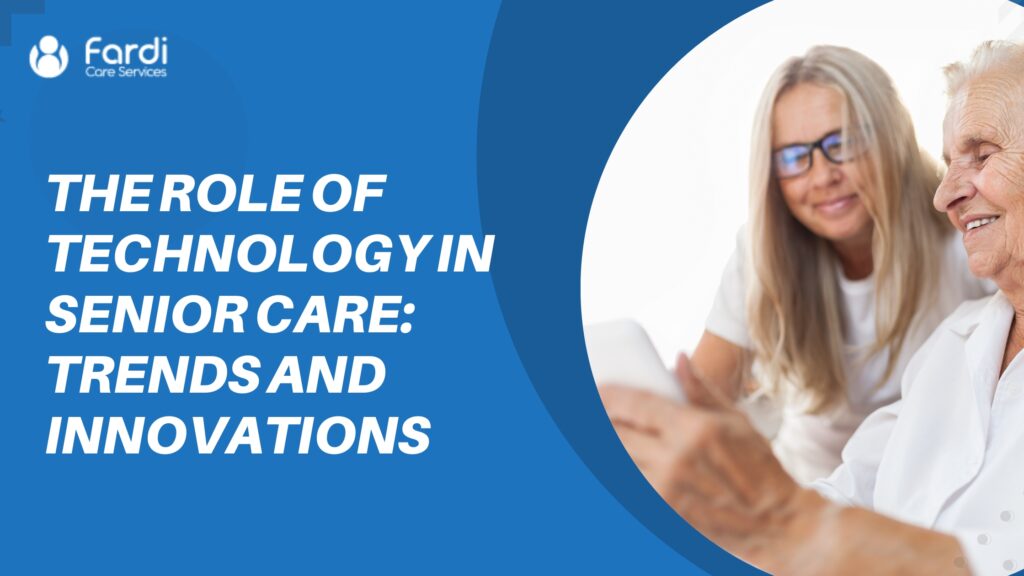In today’s digital age, technology plays a significant role in transforming various industries, including senior care. As Minneapolis experiences a growing senior population, the integration of technology into senior care has become increasingly important. This blog explores the latest technology trends and innovations in senior care, highlighting how technology enhances the quality of life for seniors and supports caregivers and families.
Leveraging Technology for Senior Care
Technology is revolutionizing the way seniors receive care and maintain their independence. Here are some key areas where technology is making a positive impact:
1. Telehealth Services
Telehealth services have gained prominence, especially in the wake of the COVID-19 pandemic. Seniors can now access healthcare professionals through video consultations, reducing the need for in-person visits. Telehealth provides a convenient way for seniors to receive medical advice and consultations while staying in the comfort of their homes.
2. Wearable Devices and Health Monitoring
Wearable devices like smartwatches and fitness trackers are equipped with health monitoring features. These devices can track vital signs, physical activity, and even detect falls. Caregivers and healthcare providers can access real-time data, allowing for timely intervention and improved overall health management.
3. Medication Management Apps
Medication management can be challenging for seniors with complex medication regimens. Medication management apps send reminders for medication doses and can notify caregivers or family members if a dose is missed. This technology helps seniors adhere to their medication schedules and reduces the risk of medication-related issues.
4. Smart Home Devices
Smart home devices, such as voice-activated assistants and smart thermostats, make daily life more convenient for seniors. These devices can control lighting, temperature, and even lock doors, enhancing safety and comfort. Voice-activated assistants like Amazon’s Alexa can provide information, entertainment, and companionship.
5. Virtual Reality (VR) and Cognitive Training
Virtual reality technology is being used for cognitive training and therapy. VR programs can stimulate memory, improve cognitive functions, and provide a sense of adventure for seniors. This technology is particularly useful for those with Alzheimer’s disease or dementia.
6. Robotics
Robots are assisting seniors in various ways, from helping with mobility to providing companionship. Robotic devices can assist with tasks like getting out of bed, walking, and fetching items, reducing the physical strain on caregivers.
Technology Trends in Senior Care
As technology continues to advance, several trends are shaping the future of senior care in Minneapolis:
1. IoT-Based Monitoring
The Internet of Things (IoT) is being leveraged to create interconnected ecosystems within senior living spaces. IoT devices can monitor a wide range of parameters, including room temperature, movement, and sleep patterns, to enhance the safety and well-being of seniors.
2. AI-Powered Care
Artificial intelligence (AI) is being used to analyze vast amounts of healthcare data to predict health trends and provide personalized care plans. AI-powered chatbots and virtual assistants can offer companionship and immediate responses to seniors’ queries.
3. Blockchain for Health Records
Blockchain technology is being explored for securely managing and sharing health records. This ensures that seniors’ medical information remains accurate, private, and easily accessible to authorized healthcare providers.
4. Aging in Place Solutions
Technology solutions are enabling more seniors to age in place, avoiding the need to move to long-term care facilities. These solutions include home modifications, remote monitoring, and telehealth services that support seniors in living independently at home.
Innovations Tailored to Minneapolis
Minneapolis, with its unique healthcare landscape and senior population, has seen innovations tailored to address specific needs:
1. Senior-Friendly Transportation Services
Minneapolis has witnessed the development of senior-friendly transportation solutions. These services provide safe and accessible transportation options for seniors to attend medical appointments, social events, and other activities.
2. Community Engagement Apps
Minneapolis-based developers have created community engagement apps that help seniors connect with local events, volunteer opportunities, and social groups. These apps combat social isolation and encourage seniors to stay active and engaged in the community.
3. Local Telehealth Initiatives
Minneapolis-based healthcare providers have launched telehealth initiatives aimed at seniors. These programs ensure that seniors can access virtual healthcare services tailored to their specific needs and conditions.
The Importance of Technology Literacy
While technology offers immense benefits, it’s essential to acknowledge that some seniors may face barriers related to technology literacy. Caregivers and family members can play a pivotal role in bridging this gap by providing guidance, training, and ongoing support to help seniors adapt to and make the most of technology.
Conclusion
In conclusion, technology is reshaping the landscape of senior care in Minneapolis and beyond. Telehealth services, wearable devices, smart home technology, virtual reality, and robotics are enhancing the quality of life for seniors and supporting caregivers and families. Technology trends, such as IoT-based monitoring, AI-powered care, blockchain for health records, and aging in place solutions, are shaping the future of senior care. Minneapolis, with its unique healthcare ecosystem, is witnessing innovations tailored to address the specific needs of its senior population.
As technology continues to evolve, the synergy between innovation and compassionate care will continue to improve the lives of seniors in Minneapolis and create a more connected, informed, and empowered senior care experience.


